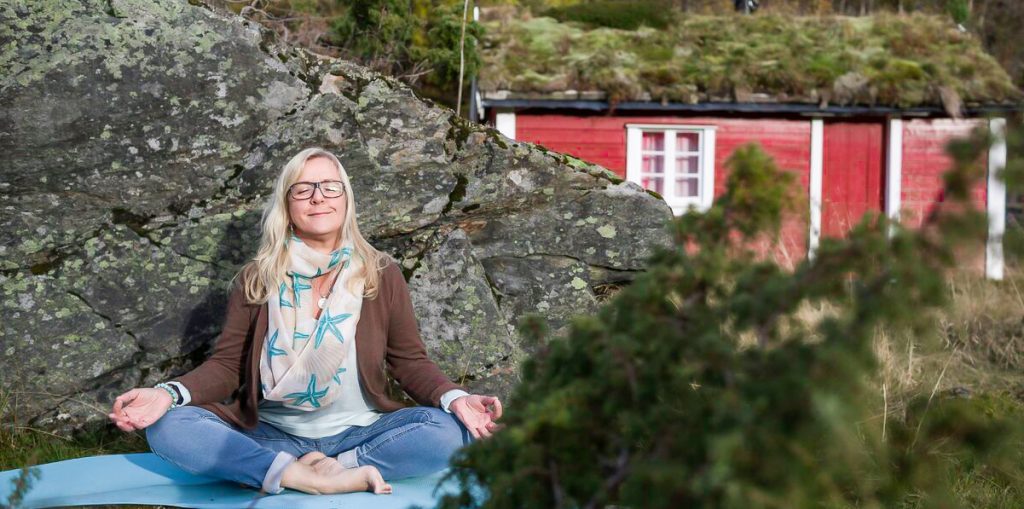5 Quick Tips How to Reduce Anxiety

1. Take A Deep Breath
“First thing you should do when you feel anxious is to breathe,” says Tom CEO at the OCD (Obsessive-Compulsive Disorder) Center, in Los Angeles, CA.
A deep diaphragm breath is a powerful anxiety-reducing technique that activates your body’s own relaxation system. It helps your body to go from the active sympathetic nervous system (fight or flight mode) to the calming and relaxing parasympathetic nervous system.
Take long deep breaths for at least 10 minutes, once a day, and note what happens to your anxiety.
Breathe slowly, and deep: Inhale through your nose and let your abdomen relax so that your belly can expand. Continue to inhale all the way up into your chest. Briefly pause before you start to exhale through your nose, letting your body set the pace of your exhale. The exhalation happens automatic when your body is relaxed. Help your body to empty your lungs completely by softly pulling your belly in, making your body ready for the next breath. Wait for your body to give you a signal, for when it’s time to take a new breath, then you start inhaling through your nose again.
Inhale, take a mini pause, exhale, pause, and so forth. Lying down and breathing can be easier than sitting up, so the back and abdominal muscles that are involved in the breath can relax easier. Continue for 5-10 minutes.
Try “Long Deep Breathing” on MediYoga Play for free.
2. Acceptance
Accept that you are anxious. Stay in that feeling and explore it. Anxiety comes in waves, and when you accept that the feeling is there, then it diminishes all by itself after a while. All feelings come and go, as well as anxiety. Without acceptance the feeling will increase, so trust in that feeling anxious isn’t dangerous, that it’s a feeling that eventually will subside.
3. Follow The 3-3-3 Rule
- Look around and name three things that you see.
- Name three sounds that you hear.
- Place your hands on three different parts of your body, for example; on your belly, on your arms, and on your shoulders.
This is a good technique to use when you feel that your mind is racing, that will take you into the present moment, into your body.
4. Stay Away From Sugar
It can be tempting to get something sweet when you are stressed out, but to eat a chocolate bar can do more harm than to make you feel relaxed. Research shows that eating to much sugar can aggravate anxiety. Instead of reaching for a candy bar, drink a glass of water or eat something high in protein, which will give you slow energy that your body can use to recover from the anxiety attack. Alcohol, sugar, and coffee can even trigger a panic attack.
Harvard Health Publishing; Eating well to help manage anxiety
https://www.health.harvard.edu/blog/eating-well-to-help-manage-anxiety-your-questions-answered-2018031413460
5. Move Around
Anxiety is often due to too much stress in your body. An efficient way to burn stress hormones is to get your body in motion with soft movements, yoga, or go for a walk. When you move around your body is creating feel-good hormones that counteract the anxiety. Yoga also helps your chest to open up and your diaphragm to relax, which tend to contract when you feel anxious. By stretching your chest and abdomen out, you reset your brain. The brain reacts to your body being able to open up, since your body can relax there cannot be any threat.
Several scientific studies show that MediYoga helps rehabilitate heart patients and has a positive effect on reducing stress, anxiety and depression. Are you curious about yoga? Try MediYoga Play for 2 weeks, free of charge.



